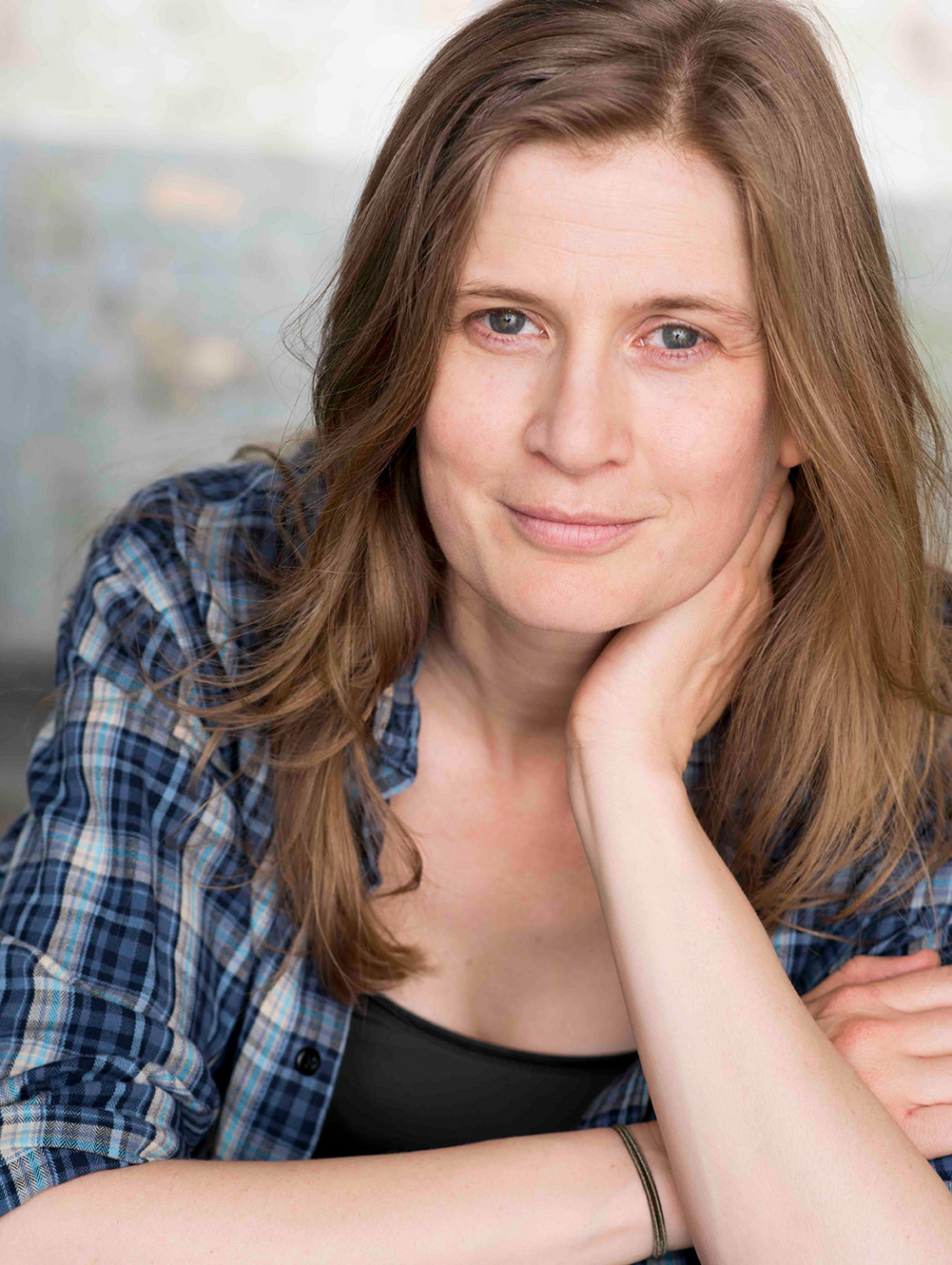Elevating voices with lived experience
Podcast creates a space to discuss disability in theatre and arts

Stefanie Wiens is the co-host of the Disability Stage Right podcast, which addresses disability and accessibility issues in theatre.
The team behind Disability Stage Right hopes that when the theatre world reopens, it looks different and is more inclusive than before.
Disability Stage Right is a podcast focusing on the theatre community that aims to elevate voices of those with lived experience and open the minds of the theatre community. The podcast is co-hosted by Stefanie Wiens and Myles Taylor, with technical producer Angela Chalmers. Wiens is an ally, actor, writer, producer, director and occupational therapist. Taylor is an actor and playwright with cerebral palsy. Chalmers is an actor, documentary theatre facilitator and disability advocate.
As an ally, Wiens grew uncomfortable with the opposing realities of her two careers.
“I had been feeling more and more uncomfortable with the fact that my one job is all about helping people engage in meaningful occupations, to help them do what’s important to them, and then, (in) my other job, I was working in places and with attitudes where that wasn’t possible,” Wiens says.
Wiens saw barriers for people with disabilities in theatre, such as rehearsal or audition spaces being reachable only by stairs.
“Everyone is still learning. Everyone is still trying to figure stuff out,” Chalmers says. The podcast aims to educate listeners and open their minds to information, identifying ableist structures and attitudes (such as gatekeeping), cultivating new ways of thinking and reframing issues, instead of employing avoidance strategies, helping people become “comfortable with being uncomfortable” Chalmers says.
The goal is to get theatre professionals, audience members, donors and people who could have the ear of the board listening. “We want to get all of those people interested in the idea of seeing more diversity on stage,” Wiens says. “If the audience speaks out, it proves to the producers that they won’t lose their audience.
“So that the kids that I work with can see themselves represented,” Wiens says, “that they can imagine it and actually do it”.
“The podcast talks to some of the most interesting people across Canada, and they happen to have disabilities,” Chalmers says.
“We all know people with disabilities can do it (if they are) given the opportunity,” Chalmers says. “As awful as this pandemic has been, (it) has given us an opportunity. We had to cease everything. We are all starting to find these new ways of working.
“The podcast is now bringing the idea of possibilities of change into the idea of very ableist, Eurocentric ways of creating art.”
Originally, the podcast pilot season was approved for six episodes. The team has managed to create eight. They plan to be guided in the direction of the podcast by the audience response. While there is hope for the podcast continuing in the future, it depends on access to funding.
“We have a responsibility as an industry and as a society as a whole to do that work,” Wiens says.
Published in Volume 75, Number 19 of The Uniter (February 25, 2021)






